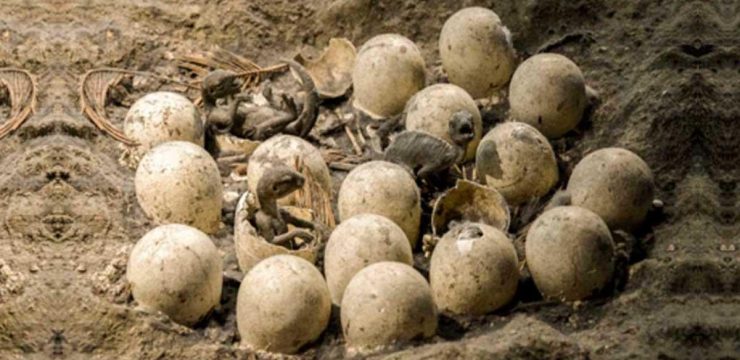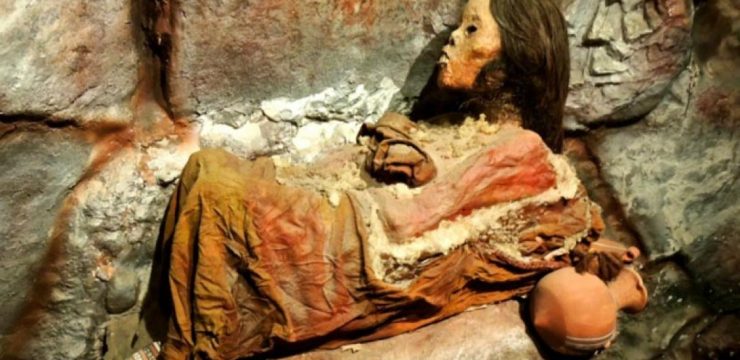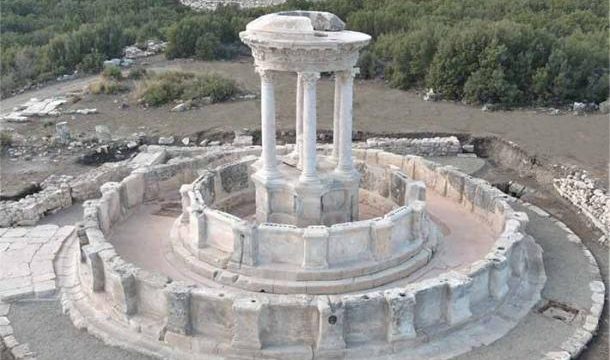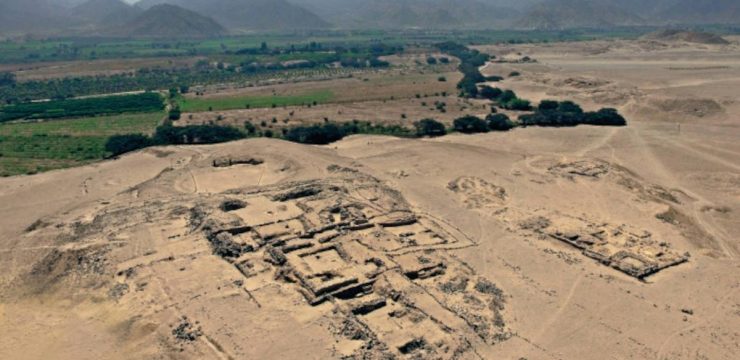Cleopatra, the legendary Queen of Egypt, holds an enduring place in history not only for her political acumen but also for her extraordinary intellect and insatiable thirst for knowledge. Ascending to the throne at the young age of seventeen, she embarked on a reign that would span over two decades, leaving a profound legacy that transcended her time. Her ability to navigate the complex political landscape of the ancient world was matched only by her remarkable intellectual pursuits, which set her apart as a true polymath of her era.
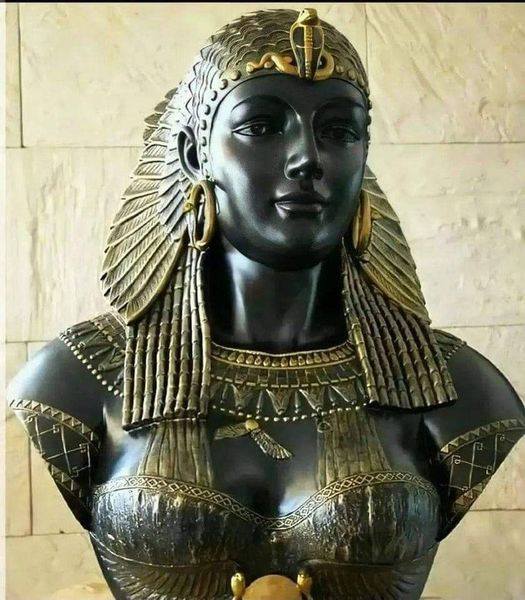
One of Cleopatra’s most exceptional attributes was her linguistic proficiency. Fluent in nine languages, including Ancient Egyptian, Parthian, Hebrew, Mede, Troglodyte, Syriac, Ethiopian, and Arabic, she possessed the rare ability to communicate with a wide range of cultures and peoples. This linguistic versatility not only facilitated her diplomatic endeavors but also allowed her to immerse herself in a vast array of literary works from different civilizations. Her capacity to read texts from diverse regions of the world reflected her boundless curiosity and desire to expand her knowledge. Unlike many rulers of her time, Cleopatra did not rely solely on translators, which gave her a distinct advantage in both political negotiations and intellectual discourse.
Beyond her linguistic talents, Cleopatra demonstrated a deep understanding of numerous academic disciplines. Her expertise extended across geography, history, astronomy, international diplomacy, mathematics, alchemy, medicine, zoology, and economics. Such a wide-ranging command of knowledge was extraordinary, particularly in an era when education was largely restricted by social and gender barriers. Cleopatra’s intellectual pursuits were not limited to theoretical study; she applied her knowledge practically, using her understanding of medicine and alchemy to develop herbal remedies and beauty treatments. While much of her written work was tragically lost in a fire that consumed a significant portion of the Library of Alexandria, fragments of her contributions have survived through historical accounts and ancient texts. These remnants offer a glimpse into her advanced understanding of both scientific principles and holistic healing practices, which were highly regarded during her time and continued to influence early Christian-era medicine.
Cleopatra’s scientific contributions were not confined to the realm of medicine. Her knowledge of astronomy enabled her to navigate the celestial charts, which played a crucial role in agriculture, navigation, and religious ceremonies. Her grasp of mathematics and economics allowed her to implement effective fiscal policies that strengthened Egypt’s economy and maintained its prosperity despite external pressures. Additionally, her understanding of zoology and botany reflected a comprehensive awareness of the natural world, which informed both her scientific endeavors and her strategic use of Egypt’s natural resources.
Cleopatra’s intellectual pursuits were deeply intertwined with her role as a patron of learning. As a ruler, she recognized the importance of knowledge as a foundation for both personal empowerment and societal advancement. Her support for scholars and philosophers helped foster an environment of intellectual exchange within her court, attracting some of the greatest minds of the time. The Library of Alexandria, one of the ancient world’s most renowned centers of learning, benefited from her patronage, further cementing her legacy as a champion of education. Through her efforts, the library became a repository of knowledge that drew scholars from across the Mediterranean and beyond, creating a vibrant intellectual hub that shaped the course of human history.
Despite the loss of many original texts from her era, Cleopatra’s influence on the sciences and humanities has endured through the ages. Her contributions to medicine, particularly her use of herbal remedies, laid the groundwork for later advancements in both Eastern and Western medical traditions. Similarly, her insights into astronomy and mathematics provided a foundation upon which subsequent generations of scientists would build. Cleopatra’s ability to integrate diverse fields of knowledge and apply them to practical problems exemplifies the essence of a polymath—someone whose curiosity and intellect transcend the boundaries of any single discipline.
Cleopatra’s legacy is not solely defined by her intellectual achievements; her ability to bridge cultural divides through language and diplomacy played a crucial role in maintaining Egypt’s political stability during a tumultuous period in history. By engaging directly with foreign leaders in their native languages, she fostered alliances that helped preserve Egypt’s sovereignty and influence. This linguistic diplomacy, combined with her deep understanding of international relations, enabled her to navigate the complex web of alliances and rivalries that characterized the ancient Mediterranean world.
Her reign also marked a period of cultural flourishing, as her court became a center for artistic and scientific innovation. Cleopatra’s appreciation for the arts and sciences was reflected in the vibrant cultural landscape of her time, which blended Egyptian traditions with Hellenistic influences. This synthesis of cultures not only enriched Egyptian society but also facilitated the exchange of ideas across different regions, contributing to the broader intellectual currents of the ancient world.
Cleopatra’s enduring legacy serves as a testament to the transformative power of knowledge and intellectual curiosity. Her ability to master multiple languages, excel in diverse fields of study, and apply her knowledge to both governance and science set her apart as one of history’s most remarkable figures. Her life demonstrates that true greatness lies not only in wielding political power but also in seeking to understand the world and use that understanding to improve the lives of others. In this sense, Cleopatra’s legacy continues to inspire scholars, scientists, and leaders alike, reminding us of the profound impact that a passion for learning can have on both individuals and society as a whole.
